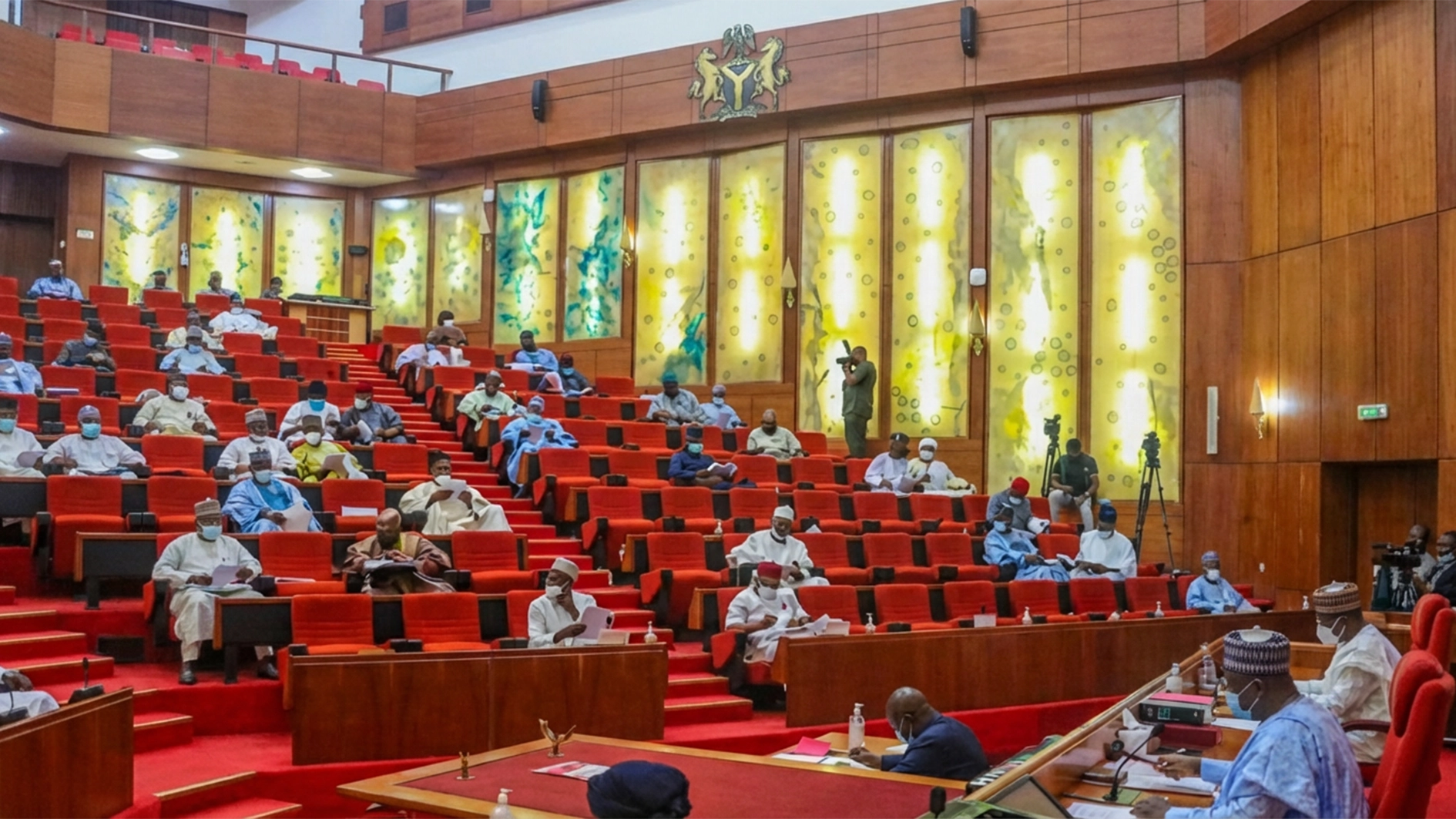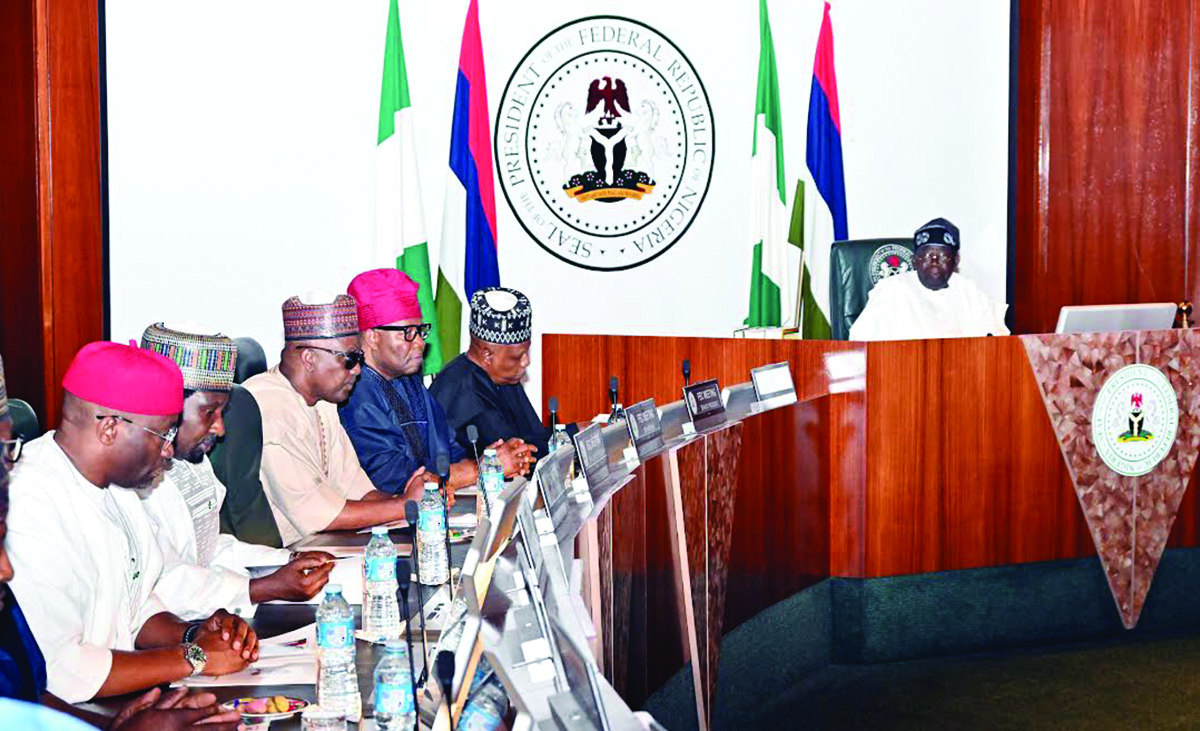
• NNPC expects $25b investments over 10 years
A three-point strategy announced yesterday by the Nigerian National Petroleum Corporation (NNPC), is targeting to bring an end to gas flaring in the next two years.
The Group Managing Director of the corporation, Maikanti Baru, while delivering a paper at the ongoing 50th Offshore Technology Conference (OTC), in Houston, Texas, United States of America, said the multi-pronged approach taken by the group would ensure a sustainable solution to the historical problem of flaring.
The environment effects and the economic losses of the gas flaring have remained a major concern and threats to many lives, particularly in the Niger Delta region.
Baru also disclosed that the firm would attract nothing less than $25 billion investments into the nation’s oil sector in the next 10 years.
“Total flares have significantly reduced to current levels of about 800mmscfd and in the next one to two years, we would have completely ensured zero routine flares from all the gas producers,” he stated.
Speaking on the theme: “Nigeria’s Gas Flare Commercialisation, Prospects and Opportunities,” Baru explained that in the last decade, gas flaring in Nigeria had reduced significantly from 25 per cent to 10 per cent.
In the strategy, NNPC would ensure non-submission of Field Development Plans (FDPs) to the industry regulator, the Department Petroleum Resources (DPR), without a viable and executable gas utilization plan, a move aimed at ensuring no new gas flare in current and future projects.
The other two strategies are a steady reduction of existing flares through a combination of targeted policy interventions in the Gas Master-plan as well as the re-invigoration of the flare penalty through the 2016 Nigeria Gas Flare Commercialization Programme (NGFCP) and through legislation, that is, ban on gas flaring via the recent Flare Gas (Prevention of Waste and Pollution) regulations 2018.
The development would not only see Nigeria dropping from being the second highest gas flaring nation in the world to seventh, it would also signify a major milestone in its gas commercialisation prospects, Baru said.
According to him, NNPC has embarked on the most aggressive expansion of the gas infrastructure network aimed at creating access to the market.
“Today, we have completed and commissioned almost 600km of new gas pipelines thereby connecting all existing power plants to permanent gas supply pipeline. We are also currently completing the construction of the strategic 127km Obiafu-Obrikom-Oben gas pipeline – “OB 3” connecting the Eastern supply to the Western demand centres,” he added.
Baru noted that aside looping Escravos-Lagos Pipeline System (ELPS 2) gas pipeline projects to increase gas volume capacity to at least 2Bcf/day, the corporation has recently signed the contracts to kick off the 614Km Ajaokuta-Kaduna-Kano (AKK) pipeline project, which on completion, would deliver gas to the ongoing power plants in the areas and revive the manufacturing industries in the northern part of the country.
Earlier, at a panel session on New Oil & Gas Horizons and Procurement Procurements in Sub-Saharan Africa, the GMD said that huge opportunities abound in Nigeria’s gas sector, with the country expecting over $25 billion investments anticipated over the next 10 years.
He described the Nigerian petroleum industry as the largest and the most vibrant in Sub-Saharan Africa with lots of potentials, especially in the deep water and untapped gas resources.






